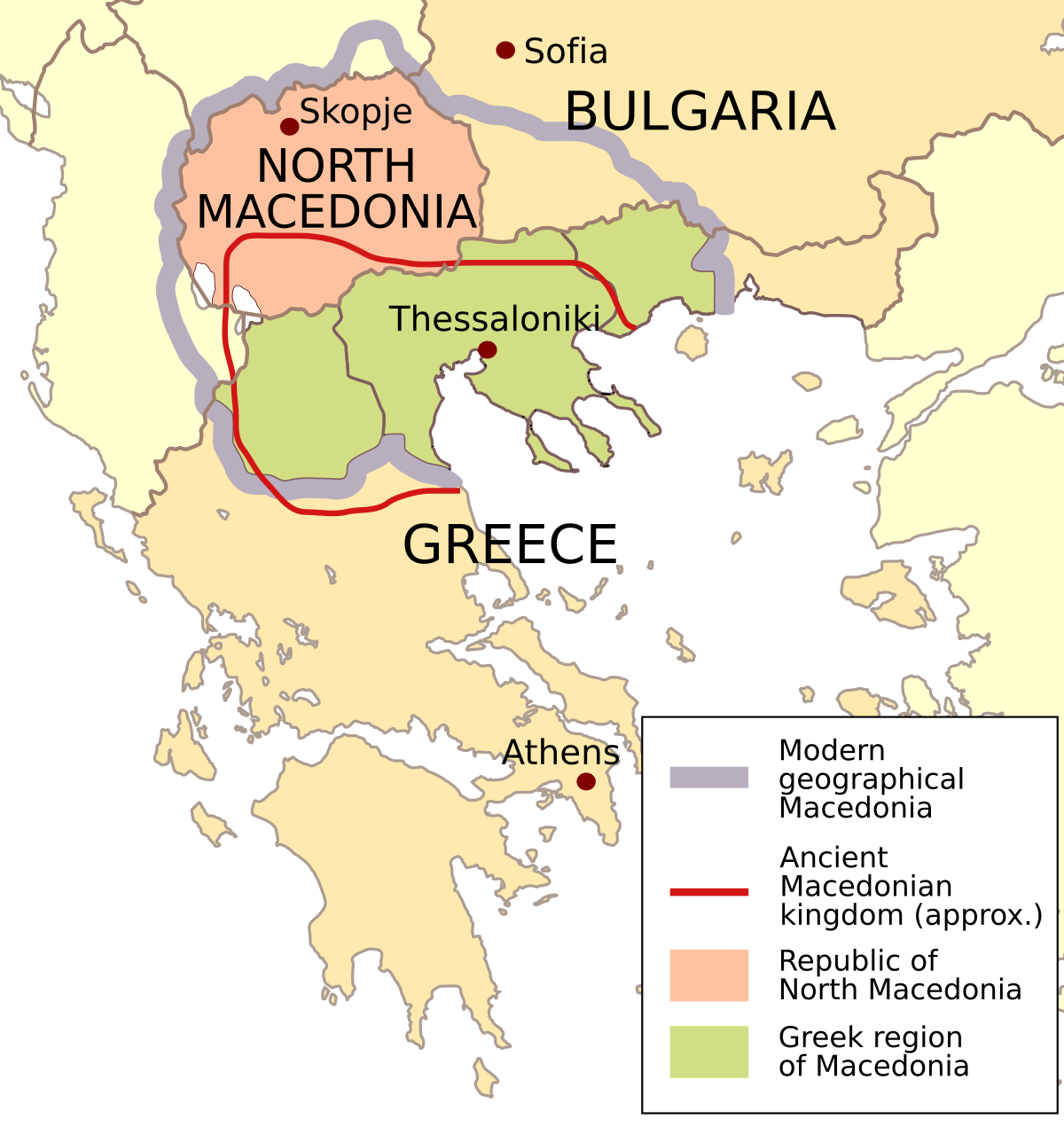This thread is making me very uncomfortable. There is a long history of western scholars drawing a line through the Mediterranean in order to elevate the importance of ancient greece and selectively claim it for (white) "European" identity and dismiss the importance of geographically African or middle eastern civilizations, often attributing the achievements of the latter to the the former. The aim was to retroactively apply a notion of race to suggest that important developments in philosophy, arts, or technology were the sole inheritance of white Europeans. Combined with race science this led to claims that white Europeans were more suitable to rule over other cultures. Those were the stakes of suggesting that pharaohs were a blonde-haired ruling class, for example
IRL of course seas are (were) much easier to traverse than land, so the north south & east coasts of the Mediterranean were much more integrated than the areas beyond. So Greece & Egypt had more contact than (eg) Greece & Germany. OTOH that does mean that white people could sail the sea too.
I do think it's quite funny how NW Europeans claim to be the heirs of ancient Greece, when really our history of civilisation is very recent and ancient Greeks would have seen us as ignorant savages.


